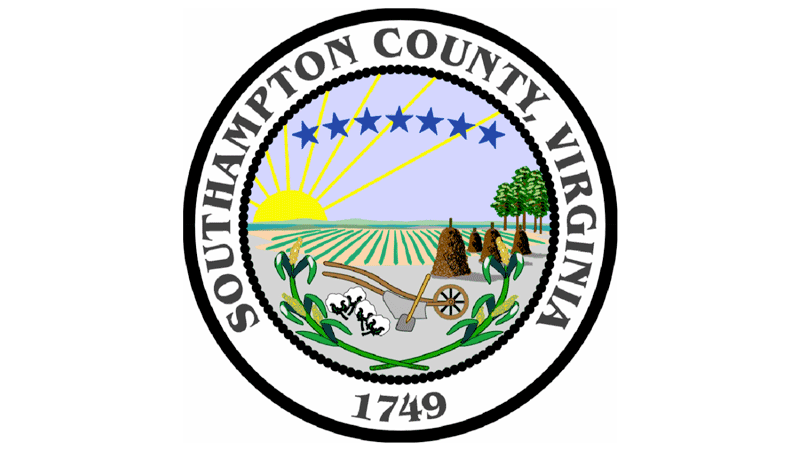Supervisors approve lower tax increase
Published 10:26 am Tuesday, May 24, 2011
COURTLAND—Southampton County supervisors on Monday unanimously approved a $52.1 million budget that will raise property taxes 1.3 percent, not the 3.8 percent initially proposed.
The budget does not call for increased fees for water and sewer bills and includes 2 percent pay raises for county and school employees.
A resident with property assessed at $100,000 who currently pays $760 in real estate taxes will pay $10 more.
The budget was not approved without a discussion about whether to give employees a 2 percent raise or a 3 percent bonus.
Supervisor Ron West preferred the one-time bonus to avoid recurring costs.
“I just find it’s a recurring cost and don’t know if I really want to recommend it,” West said. “I know employees have not had a raise in a long time. I don’t think the general population is getting increases. Some are living with less, therefore we are taking from those with less.”
Supervisor Walt Brown noted employees have gone without raises for three years.
“They’re working their hearts out,” Brown said. “They deserve a raise.”
County Administrator Mike Johnson said it would cost about half the money to fund the 2 percent pay increases opposed to 3 percent bonuses. That’s because the pay increases will not go into effect until Nov. 1, five months into the fiscal year.
By raising taxes 1.3 percent instead of the proposed 3.8 percent, the county will generate $280,444 less in revenue.
The county balanced the budget after receiving $277,073 in tax revenue from Franklin for the Armory Drive corridor. The county and city have an agreement to share revenue equally from those businesses.
The county also chose not to fill the job of animal control officer, which is vacant. That saved $43,488.
The county also set aside $1.4 million from its savings.
“That’s worse-case scenario,” Johnson said. “Historically, revenue will come in higher than budgeted and expenses will come in lower. That’s not terribly uncommon.”
For the 2010-2011 budget, more than $800,000 from savings was budgeted.
“We didn’t use any of it,” Johnson said.





